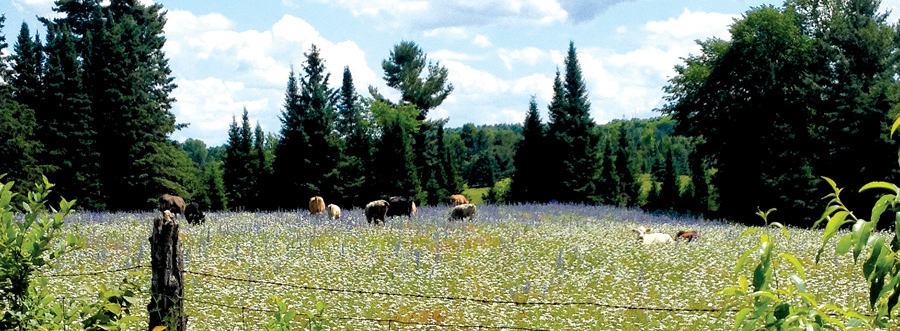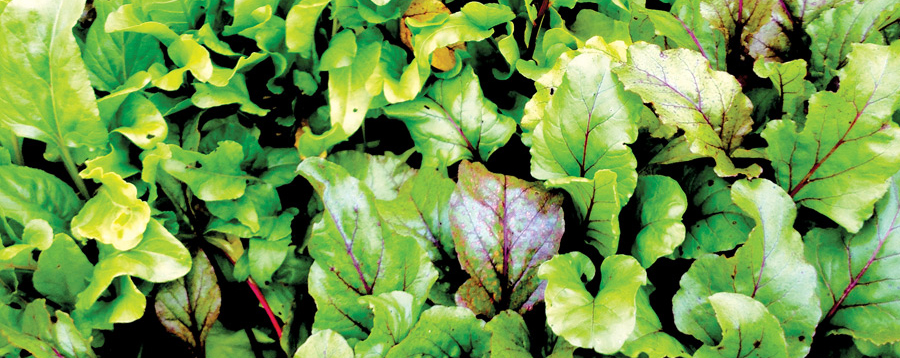What’s that in your mouth?

One could argue everyone loves good food.
However, the adjective “good” means “tasty,” “nutritious” and “safe.” Now, once upon a time, people could take this for granted but not nowadays. Savvy consumers have learned to question such topics as antibiotics in meat and eggs, traces of agricultural inputs such as pesticides and herbicides in food, and a host of marketing claims that food is “natural”.
Why worry? Because what we ingest affects our bodies.
Microcephaly: Monsanto vs. the Zika virus
Recently, we’ve heard about the 4,600 Brazillian babies with microcephaly and, although, at first, scientists thought there was a direct link to a mosquito-borne virus, now they’re raising questions.
Dr. Christoph Zink is a Berlin-based epidemiologist studying infants born with undersized brains and tapered heads, the condition widely blamed upon the mosquito-borne Zika virus. Zink states, “I think we jumped a little too fast into Zika. ... I would ask my toxicological colleagues in Brazil to please look very closely into the practical application of agrochemicals in their country.” (Feb 16, 2016: cbc.ca/beta/news/health/microcephaly-brazil-zika-reality-1.3442580)

Meanwhile, studies show microcephaly incidences possibly date to 2010. Argentinian-based Physicians in Crop-Sprayed Towns cite concerns surrounding a potential link to pyriproxyfen, a larvicide used to control Aedes aegypti mosquitoes which spread this virus. Pyriproxyfen is manufactured by Sumitomo Chemical, a company associated with Monstanto. Pyriproxyfen was put into reservoirs which are breeding grounds for Aedes aegypti as well as sources of drinking water.
Greenwashing food
Greenwashing food means that manufacturers or producers falsely claim products are “all natural”. For instance, British chef Jamie Oliver is a renowned champion of real food. However, he’s just endorsed Sobeys grocery chain, which is launching a marketing campaign featuring “Jamie’s” promotion of their brand. (thestar.com/business/2013/09/13/jamie_oliver_teams_up_with_sobeys.html)
Oliver recently tweeted, “Working more on the mission with @Sobeys today to get more of you Canadians eating better who’s with me?? #SobeysBetterFood #SaveWithJamie.”
Now, although Sobeys (like Provigo, Metro and others) sells some organic and health foods, they primarily stock much that isn’t – and which isn’t regional. So, before we all flock to chains because some celebrity is endorsing them (and being paid to do so), we must continue to peruse labels and question.
Bristol Councillor mooves to sustainable farming
Countering bad news is good news that’s popping up “everywhere.” Using Facebook to publicize his latest business endeavour, Bristol Councillor Phillip Holmes announced on February 17 that he and his family have started sustainable farming at Netherleigh, his parent’s farm in the Pontiac. He explained:

“Reading books like Michael Pollan’s Omnivores’ Dilemma and Wendell Berry's Unsettling of America sparked my interest in sustainable farming And, when my father became sick, I decided I wanted to raise and grow healthy food in a natural and sustainable way.”
At Netherleigh (http://netherleighfarm.wix.com/home) he notes, “Our beef cattle are a mix of heritage breeds including Dexter, Belted Galloway and Speckled Park, a more modern breed developed in Canada. We chose these breeds for their ability to be raised and nourished on nothing but their mother’s milk and grass. They are not fed any grains or corn, and are hormone and antibiotic free.”
Not only can consumers purchase meat (beef, pork, chicken and turkey) here, seasonal vegetables and herbs, are available, grown in soil that’s “never been touched with chemical fertilizer, herbicides, or pesticides.”
Holmes joins other Outaouais producers seeking to grow wholesome food: browse agro-outaouais.com – and that’s really terrific good food news.
Contact Katharine Fletcher at fletcher.katharine@gmail.com

